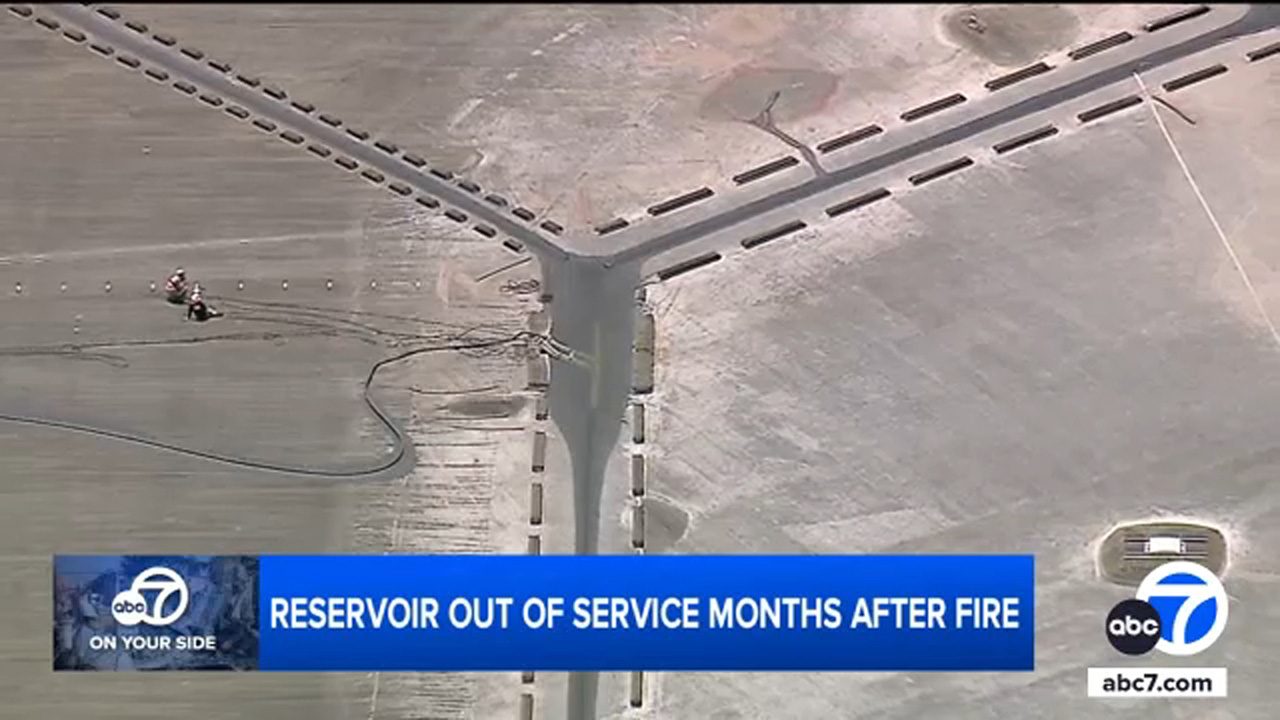L.A. County health officials team up with CDC as part of effort to stop spread of HIV

BALDWIN HILLS, LOS ANGELES (KABC) -- After years of heated debate on how to end the HIV epidemic, federal and local stakeholders came together at the APLA Health - Gleicher/Chen Health Center in Los Angeles to announce a partnership and a plan.
"We know what the tools are. We know we need to test people," said Craig E. Thompson, CEO of APLA Health.
The health provider, along with the Centers for Disease Control and Prevention and the Los Angeles County Department of Public Health, unveiled a once-in-a-generation opportunity to eliminate new HIV infections in the nation.
Robert R. Redfield, MD, the Director of the CDC stated, "15 percent of people living with HIV infection haven't been diagnosed."
"The goal is reduce the U.S. infections by 75 percent in the next five years, and 90 percent by 2030," added Dr. Muntu Davis, MPH, the L.A County Health Officer.
Dr. Refield continued, "The first pillar is to get people diagnosed."
Once people are diagnosed, doctors can use treatment to suppress patient's viral load. That's the strategy behind the campaign: Undetectable = Untransmittable, or "U=U."
Diagnosed persons living with HIV who are virally suppressed are not able to transmit the virus to somebody else.
"So it's very important to realize that one of the most important prevention tools that we have is diagnosis and treatment," Redfield stated.
Officials want to focus the response in the 48 highest burden areas nationwide. Eight counties of concern are in California, including Los Angeles County.
Between 2011 and 2016, new HIV infections dropped 6 percent.
New infection numbers are headed in the right direction, but under this new initiative, APLA Health hopes the communities who need the resources will see the benefit.
"A majority of the new infections that are occurring in this nation are occurring in Latino men who have sex with men, and African American men who have sex with men," Redfield continued.
Individuals between the ages of 25 to 34 are also at risk.
The final pillar of the plan is to create a boots-on-the-ground workforce to continue diagnosis and prevention efforts in those HIV hot spots. The cost to implement this nationwide program $291 million.
Thompson added, "Part of what today is about is everybody getting together, and basically doubling down and committing to follow through on this plan."







